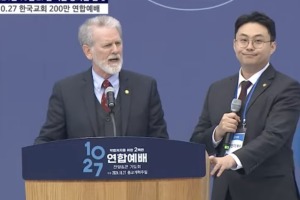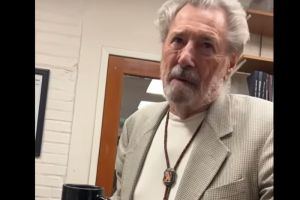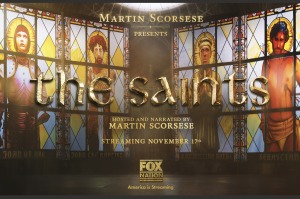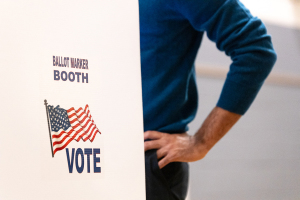Lao Police Arrest Pastor for Spreading Faith
Officials threaten, arrest Christians in Savannakhet Province.
A 53-year-old Lao pastor remains behind bars today after Lao police arrested him on Wednesday (June 6) for encouraging others to convert to Christianity, a spokesman from the group Human Rights Watch for Lao Religious Freedom (HRWLRF) confirmed to Compass this morning.
The arrest of Asa, identified by only a single name, took place at around 4 p.m. at his home in Peeyeur village, Luang Namtha Province, according to HRWLRF. Police then drove Asa to the Luang Namtha provincial prison, some 50 kilometers (31 miles) away – too far to allow visits from concerned family members or friends who have limited access to road transport.
If normal procedure had been followed, HRWLRF said, police would have held Asa in a village or district prison for three days while they investigated charges against him.
On Thursday (June 7), Khamla, a prominent Christian leader in the province, met with police and discovered that Asa had been charged with leading people to Christ.
Two years ago police forced Asa to sign documents agreeing that he would neither proclaim Christ nor lead people to Christianity. This year, however, many people in Peeyeur and surrounding villagers, touched by Asa's life and testimony, have accepted Christ.
Church leaders say local authorities are intent on eliminating Christianity from Luang Namtha in an effort to protect its title as a world heritage site. They point to the arrest on March 24 of six Thai Christians caught preaching in the province as just one example; the six were released in early June after several weeks in detention.
Officials in neighboring Luang Prabang Province summoned two Christian leaders from Hueysell village in January and ordered them and some 80 Christians in the village to abandon their faith or face expulsion. To date officials have not carried through on their threats.
Opposition in Savannakhet
Authorities in southern Laos have also continued to threaten, interrogate and arrest Christians.
On May 18, officials warned that members of Khamnonsung Church in Saybuly district would be prosecuted if they continued to meet in their banned church premises. The church, however, has continued to meet in the building each Sunday, with no significant consequences to date, according to HRWLRF. Two other churches in Kengweng and Dongpaiwan villages of Saybuly district have continued to meet outside their confiscated buildings in quiet protest.
Officials in Phin district, Savannakhet Province, summoned church leaders Bounlerd and Adang to police headquarters for questioning on May 11. The enquiry dealt with three issues: the use of three homes in Alowmai, Kengsainoi and Kapang villages as unregistered places of worship; an order to remove the crosses adorning these houses, and concern over the number of people in these villages coming to the Christian faith, HRWLRF reported.
Bounlerd and Adang insisted they had a constitutional right to gather for worship and to display symbols of their faith, just as others in the village had. To date officials have taken no further steps to address these issues.
"From my perspective, the authorities in Phin district are now very cautious due to international attention given to the case," an HRWLRF spokesman told Compass.
Earlier, on April 8, officials raided a worship service in Paksong village, Songkorn district, Savannakhet Province, arresting church leader Khamsorn and forcing him to sign a written agreement that he would hold no more services before they released him.
Some 50 Christians in Paksong told HRWLRF that a former village chief authorized their worship services "about a year ago," but a newly-elected village chief who took office in March has not defended this right. Local Christians also told HRWLRF that the Songkorn district religious affairs office had approved the construction of a church in Paksong, a fact again ignored by the new village chief.
Authorities also arrested five Lao Christians who had gathered for worship in Boukham village, Ad-Sapangthong district in Savannakhet Province, on March 25 and charged them with "leading religious movements without official approval." Boukham has a long history of opposition to Christian residents.
The Lao Constitution and other regulations such as a 2002 Decree on Religious Practice (known as Decree 92) theoretically protect freedom of belief and worship for all faiths – but officials at village, district and even provincial levels often flout these laws with impunity.




























